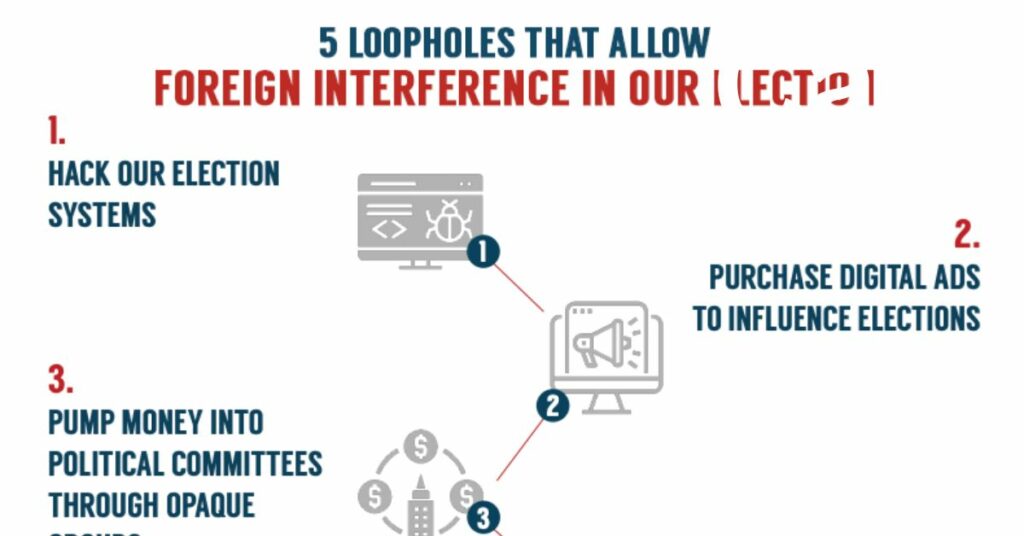A newly published study finds that foreign interference in an American election can reduce faith abroad in the United States as an effective and trustworthy ally. This finding lends credence to the hypothesis that Russia’s interference in the election of 2016 had some impact on international relations.
The findings have been submitted to and accepted for publication in the European Journal of International Relations.
According to co-author Yusaku Horiuchi, a professor of government and the Mitsui Professor of Japanese Studies, “most of the work on the erosion of American democracy has focused on internal roots, such as the polarization of political parties.”
“Yet, our study is the first to report on how foreign interference in U.S. elections affects the public opinion in an important U.S. ally, Japan,” the authors write. “In addition, our findings provide new insight into how democratic backsliding caused by external influences can impact international relations.”
In his report released in 2019, Special Counsel Robert Mueller came to the conclusion that “the Russian government interfered in the 2016 presidential election in sweeping and systematic fashion.” This interference was carried out by the Russian government both through social media campaigns and by hacking materials in an effort to undermine the credibility of presidential candidate Hillary Clinton.
- Biden Invites Democrats To The White House As A Showdown Over The Debt Ceiling Is Getting Closer
- McCarthy Chooses Republicans To Lead A Wide-ranging Investigation Panel
A newly published study finds that foreign interference in an American election can reduce faith abroad in the United States as an effective and trustworthy ally. This finding lends credence to the hypothesis that Russia’s interference in the election of 2016 had some impact on international relations.
The findings have been submitted to and accepted for publication in the European Journal of International Relations.
According to co-author Yusaku Horiuchi, a professor of government and the Mitsui Professor of Japanese Studies, “most of the work on the erosion of American democracy has focused on internal roots, such as the polarization of political parties.“
“Yet, our study is the first to report on how foreign interference in U.S. elections affects the public opinion in an important U.S. ally, Japan,” the authors write. “In addition, our findings provide new insight into how democratic backsliding caused by external influences can impact international relations.”
In his report released in 2019, Special Counsel Robert Mueller came to the conclusion that “the Russian government interfered in the 2016 presidential election in sweeping and systematic fashion.” This interference was carried out by the Russian government both through social media campaigns and by hacking materials in an effort to undermine the credibility of presidential candidate Hillary Clinton.
If you enjoyed reading this post, please share your feedback with us in the comments box below. Also, don’t forget to check back on our website Journalist PR for the most recent information on the news.

